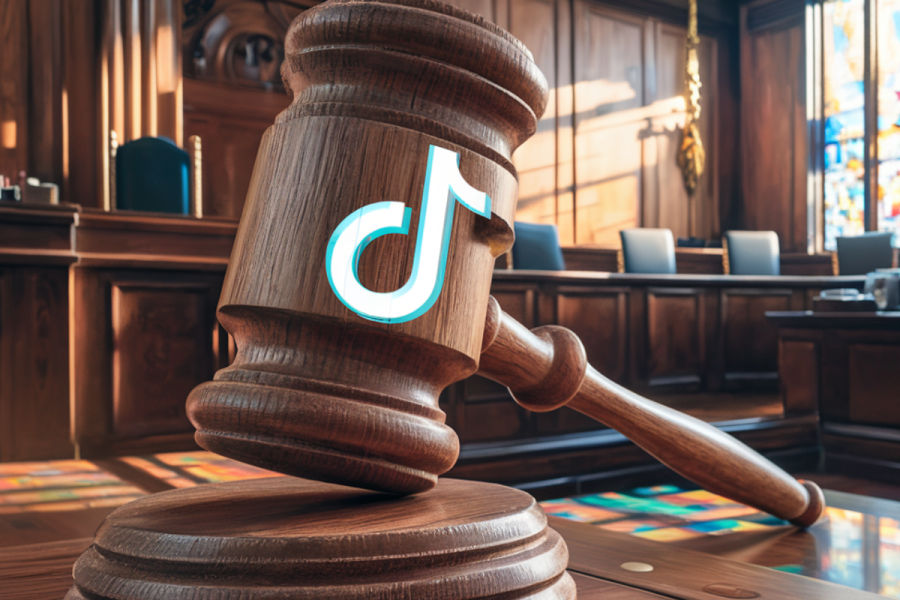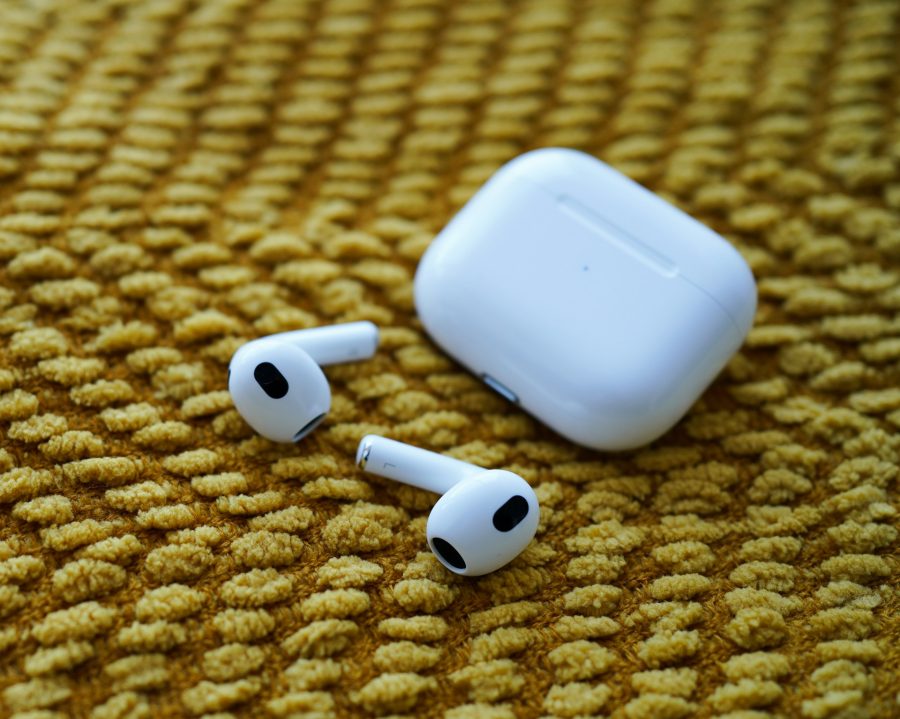Looking for hard data detailing the explosion of the app economy? Helsinki-based mobile analyst Horace Dediu of asymco released yet another series of charts this week where he explains how he came to the conclusion that more than 60 apps have been downloaded for every iOS device sold.
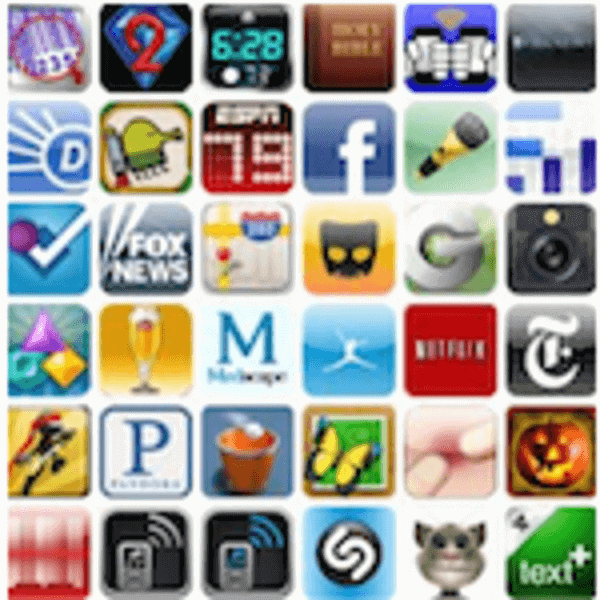
In the fall of 2008, there were only around 10 apps downloaded for every iPhone/iPod Touch, Dedui says. Only two years later, the rate is five times higher.
This data comes at a time when the iTunes App Store is about to reach 10 billion downloads, a milestone expected to be reached this month.
In comparing the app downloads to the downloads of iTunes songs, Dediu found that it will take apps less than half the time to reach 10 billion downloads than the time it took songs (31 vs. 67 months). Apps are now running at above 30 million downloads per day, and that figure is still growing.
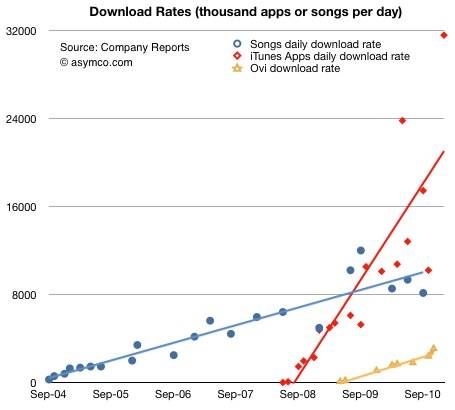
In order to determine if this is because the installed base of iOS devices is also growing at the same rate, Dediu performed some additional calculations. He divided the cumulative apps downloaded by the cumulative devices sold. This is where he came up with the 60 apps per device number. And this too, is still growing, by the looks of the chart.
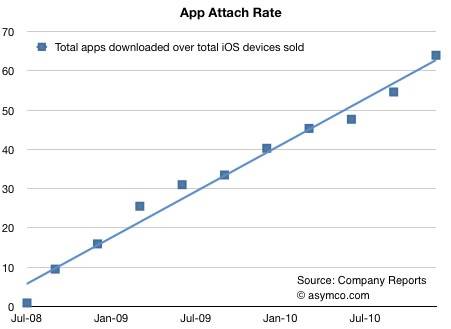
From this analysis, Dediu says there are three conclusions he can make:
- Apps overtaking digital music is a watershed event. Apps are a new medium: they will impact all other media.
- As the number of apps attached to any single device continues to increase, apps create increasingly higher switching costs for users.
- Apps consumption is increasing at a rate to overtake the PC software market.
On Switching Costs
I have to take slight issue with #2, at least in terms of iPhone to Android switching. Outside of a small handful of beloved apps that were iOS-only, I didn’t have any issues (well, in terms of apps) when switching from the iPhone 4 to the Nexus S. All the major applications and brands are present on both platforms.
Of course, as I noted before, I’m not a gamer, so I didn’t have significant investments in expensive apps. Some people will feel the cost more than others. If you’re someone who almost always tried to find a free, ad-supported or low-cost alternative to a paid app or utility first, then you don’t have a significant app investment to lose upon switching. But for those of you who have dumped hundreds of dollars into mobile apps, yes, switching may hurt more than a bit. It just depends on what kind of user you are.
But there are other “costs” involved in switching beyond the financial cost, obviously. There’s also the time it takes to re-download and reconfigure all your apps on a new device. (Not an issue when going from Android to another Android, though). But as a recent switcher myself, I found it was a good time to think about what apps I really needed and used – it was a clean slate where I could start fresh. With now some 400,000 apps available on iTunes, regular app cleanup and deletion is going to be an ongoing challenge even for those who don’t switch, mind you.
That’s not to say the point isn’t valid, I’m just saying it depends. Switching costs vary by user, but yes, in general, they’re probably increasingly difficult. So maybe I don’t take issue with the statement at all, now that I think about it? I guess not – it’s generally correct. However, points #1 and #3 are fairly obvious and accurate statements, no qualifications needed.






